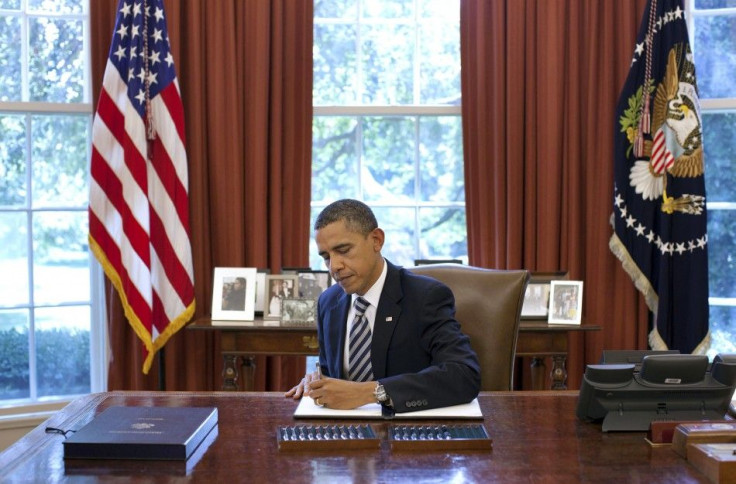Fitch Affirms AAA Rating for U.S. Securities

Fitch, the smallest of the major bond rating agencies, said the U.S. still carries a triple-A rating, 11 days after Standard & Poor's downgraded it.
"The key pillars of U.S.'s exceptional creditworthiness remains intact: its pivotal role in the global financial system and the flexible, diversified and wealthy economy that provides its revenue base," Fitch said.
The rating agency put a "stable" outlook on the U.S. rating. Earlier, Moody's Investor Service, while maintaining a triple-A rating, had put a "negative" outlook on the U.S. after S&P lowered its ratings on the U.S. to AA+ from triple-A. That downgrade caused tumult on global markets last week.
Fitch also said it would closely monitor deliberations of the Joint Select Committee of Congress on deficit reduction. That committee is scheduled to report by mid-November under terms of the deficit reduction law signed by President Obama on Aug. 2. It is charged with finding as much as $2.4 trillion in cuts over the next 10 years.
Fitch, based in New York and London, also discussed its sovererign rating methodology, which is used to make country determinations. It said the method explores factors that make an economy more or less viable to shocks,political risk, finances and ability to repay public debt.
Wall Street was not as mindful of the Fitch rating as it had been of S&P's downgrade. The S&P 500 Index fell about 1% in early Tuesday trading.
© Copyright IBTimes 2025. All rights reserved.






















